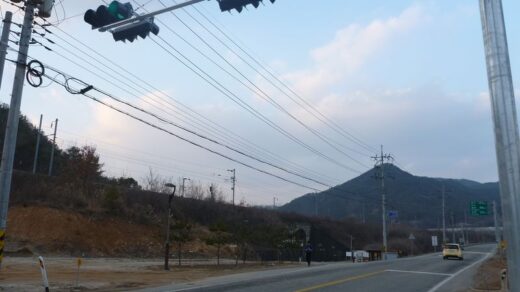A few months ago I posted an answer from a Korean linguist about a grammatical point that had stumped me for a long time. (Click here for original post.)
Just recently, another kind linguist, “Xwind”, shared more insights on this matter which has further helped me to grasp the nuance.
He first posted a short comment on the previous posting:
Hi Steven,
I think the particle “-이” in “그것이 알고싶다” is more related to topic or focus marking. For example, the difference between 영희를 in (4a) and 영희가 in (4b) may come from the contrastive focus marking. With (4b) you might imply that IT IS YENGHI (영희) who you don’t like to meet (not someone else). Thus my contention is that the particle ‘이’ in 그것이 is basically related to focus marking.
I replied with the following clarification question:
Thanks for the insights.
Then would you say that 그것이 알고싶다 might be translated as “That is what I want to know.” but 그것을 알고싶다 might be “I want to know that”? Both are the same in meaning but the focus is slightly different.
He then provided this very detailed additional message:
Dear Steven,
I will elaborate on my comment a bit here.
First of all, I would like to say that a few semantic factors promote the use of the subject particle -이/-가 for the object noun.
The contrastive focusing effect is only one of them, which is also closely related to the example ‘그것이 알고싶다’.
In linguistics, the relationship between the two constructions ‘It is easy to please John’ and ‘John is easy to please’ is assumed to be derived by a special type of verbs,i.e., easy, tough, seem, etc.
Avoiding complex linguistic terminologies and concepts, I assume that verbs like 알다 ‘to know’ do not belong to the same class of verbs like ‘easy’.
Thus, the derivational relationships between the two sentences in (1) and (2) would not be the same.
(1) may be the Korean equivalent of the English examples in the post but (2) would not be.
In (1a), 철수 is the object of the sentence. In (1b), it is the grammatical subject of the sentence. (logically, it is still the object of the sentence).
In (2), on the other hand, the noun 그것 remains as the object in both sentences whether it is marked by the object particle -을 as in (2a) or by the subject particle -이 as in (2b).
This is because the subject position is occupied by the pronoun 우리 ‘we’ in both sentences.
Since the subject 나는 and the object 그것을/그것이 in (2) do not change their respective grammatical roles the only difference remaining between 그것이 and 그것을 is the alternation of the particles between -을 and -이.
What would (else) the effect of the alternation of the particle be?
Given all this, the use of the particle -이 in 그것이 in (2b) must be primarily motivated for the effect of the (contrastive) focus.
(1) a. 철수를 만나기 쉽다.
b. 철수가 만나기 쉽다.
(2) a. 나는 그것을 알고싶다.
b. 나는 그것이 알고싶다.
The focusing effect becomes more prominent when you use the Korean equivalent of the ’Not A but B’ expressions in English.
For example,
In a), which is a semantically-neutral context, you can use either the object particle -를 or the subject particle -가 for the object noun 사과 without much difference in the overall meaning.
If the sentence is uttered out of the blue 사과가 sounds more natural.
1a) 나는 (지금) 사과가/사과를 먹고싶다.
‘I just want to eat an apple (now)’
Now, suppose if I want to give a sense of contrast to the sentence like below.
2) 아침에는 사과를/사과가 먹고싶었는데 지금은 배가 먹고싶다.
‘I wanted to eat an apple in the morning but I want to eat a pear now.’
As you can see, the object noun ‘사과’ is okay either with the object particle ‘사과를’ or with the subject (once again focus) particle ‘사과가’ in the main clause.
On the other hand, the use of the object particle -를 for the noun in the subsequent clause, as in ‘배를’ in (3) sounds quite unnatural to me, hence I give two questions marks for 3).
3) ?? 아침에는 사과를/사과가 먹고싶었는데 지금은 배를 먹고싶다.
Today, I can only give one case where the subject particle -이 can be used for the object noun, for the effect of focusing, but as I said there are some more cases where the use of the particle -이 is grammatically required.
I hope this rough explanation would be helpful to you.
All the best,
Xwind
Whew, I can’t write this insightfully no matter how hard I try. Thanks, Xwind!



